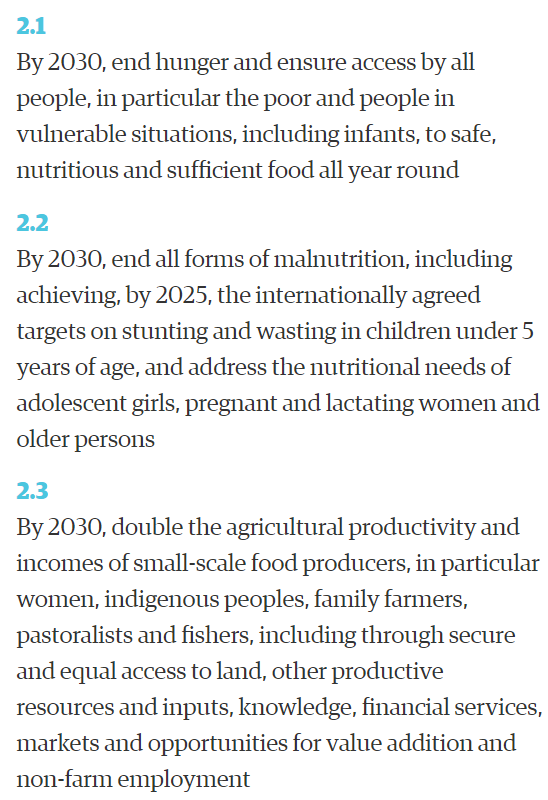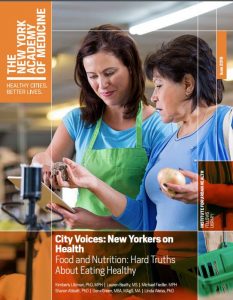Weekend reading: Well—a great introduction to public health
Sandro Galea. Well: What We Need to Talk About When We Talk About Health. Oxford University Press, 2019.

I blurbed this one:
A superb account of how money, power, politics, and the luck of the draw affect the health of individuals and populations. It should inspire us all to follow Galea in championing public health as an essential public good, and in treasuring and preserving the core values of public health—fairness, justice, and compassion for all.
Galea is the dean of the school of public health at Boston University and a prolific writer on public health topics, including food on occasion. I am a big fan of his work. I like his focus on social, economic, and environmental determinants of health and his consistent promotion of the core values of public health. If you don’t really get what public health is about, this book is a great place to start.
Here is a brief sample from the chapter titled “Choice.”
We imagine our choices to be, for the most part, beyond the reach of outside influence and that, when we choose, we do so from an unlimited array of options; no one tells us what to eat, whether or not we are permitted to exercise, or who we must embrace as a life partner. For this reason, much of our conversation about health has to do with “lifestyle”—making the correct choices for ourselves, choices which, we believe, will lead to better health.
…Yes, we can choose the food we eat, but our options are limited by what we can afford and by what kinds of food are available for purchase near our home. These factors, in turn, depend on the quality of our neighborhood and the size of our income, which depends on larger socioeconomic forces over which we have little control. Likewise, we can only choose to exercise if we live near parks, walkable streets, or athletic facilities, and we can only choose a person to marry from among the individuals we encounter within our community. Place, power, money, politics, and people—all the forces we discuss in this book—shape the variables that ultimately influence our health.






